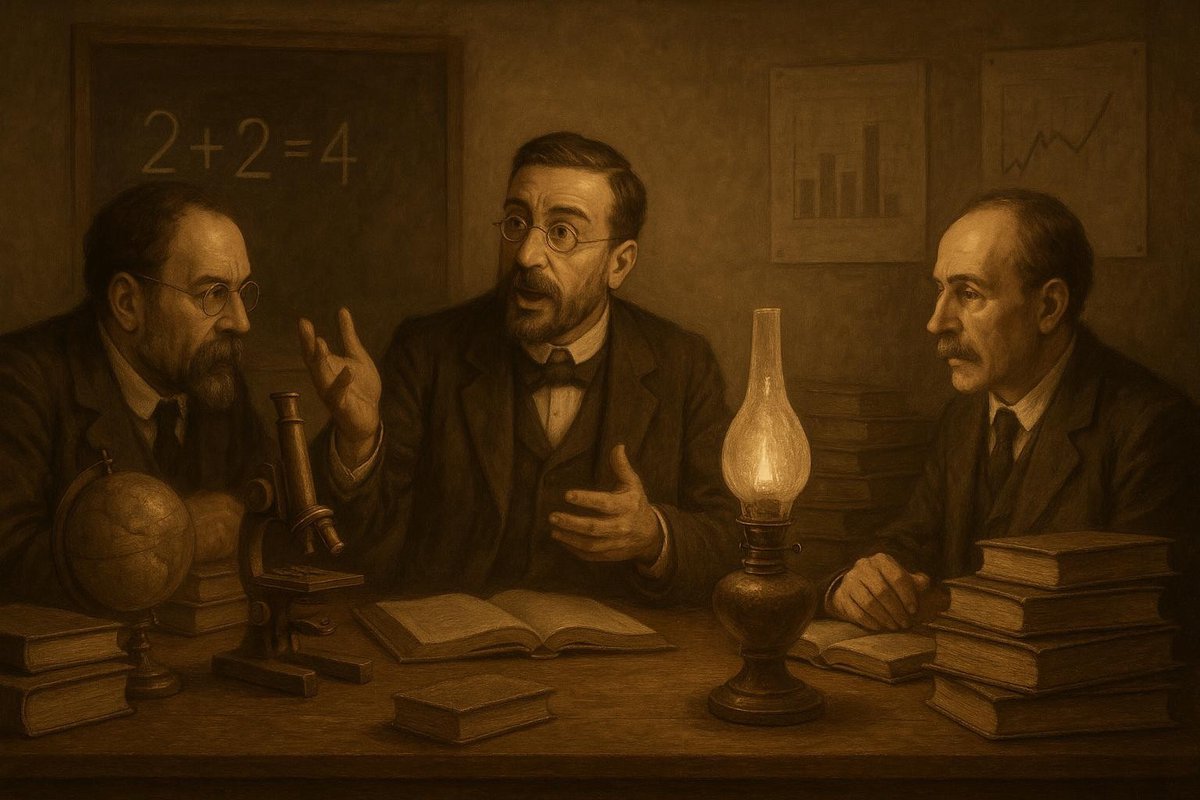
Unpacking the Legacy of IQ Testing: A Curious Beginning
How accurate is our understanding of intelligence through IQ tests? It seems straightforward, doesn’t it? Assign a number to one’s intelligence, then compare. But hold your horses—this issue runs deeper than it appears at first glance. IQ tests emerged from a desire to quantify human intelligence, but what about the nuances it overlooks? Interestingly, this conversation takes us back to the early 20th century, when Alfred Binet devised the first IQ test, aiming to identify students needing additional academic assistance.
• The tests were originally designed not to label but to help.
• Over time, these tests became a measure of innate intelligence.
In an era when scientific endeavors were gaining momentum, IQ testing seemed revolutionary. Society craved a scientific approach to understand human capability. Yet, as time went on, the tests began to symbolize more than they were intended to—something more problematic than illuminating.
Surprising Facts: More Than Just Numbers
IQ tests have always sparked debates and, surprisingly enough, these debates often echo long-standing concerns about scientific objectivity. Do the tests truly measure intelligence, or just a specific form of cognitive ability? Many believe IQ scores are definitive, but that’s a misconception.
- Misconception: IQ tests measure overall intelligence.
- Reality: They measure specific cognitive abilities.
Consider the analogy of using a thermometer to measure all aspects of the weather, rather than just temperature. It’s a similar limitation IQ tests face. They mainly assess logical reasoning, math ability, and language skills but overlook emotional intelligence, creativity, and practical problem-solving.
• Debates over cultural bias in IQ testing have been ongoing since the 1920s.
• Psychologist Howard Gardner proposed the theory of multiple intelligences, challenging IQ’s narrow scope.
This ongoing debate is not just academic; it resonates with our societal values and how we perceive human potential.
What Science Says: A Complicated Picture
Science is an ever-evolving narrative, often rewriting its own chapters. IQ testing is no exception. While scientific systems strive for precision, they are not infallible. IQ tests have been criticized for their static nature in an ever-dynamic world.
- • Intelligence is influenced by both genetic and environmental factors.
- • Current research suggests IQ scores can change over a person’s lifetime.
In the neuroscientific community, the concept of neuroplasticity—our brain’s capacity to change—further complicates the validity of a single intelligence measurement. If intelligence can be developed, how can a static test define it?
• Cognitive neuroscientist Richard Haier argued for a more nuanced understanding of intelligence.
• The Flynn Effect, a term coined by James Flynn, indicates a generational increase in IQ scores, suggesting environmental influences.
Clearly, the science behind IQ testing is as mutable as the human mind itself.
What It Means for Us: Beyond the Numbers
So, what does this mean for us? Our reliance on IQ tests reflects a fundamental need for clarity in the complex web of human intellect. But is the clarity we seek truly attainable, or just a mirage?
- • The educational system heavily relies on standardized testing.
- • Job opportunities and social statuses are often influenced by IQ scores.
As society evolves, the hunger for a more holistic understanding of intelligence grows. We must ask ourselves, are we ready to embrace a broader definition of intelligence that honors diversity and nurtures potential?
• Educational reformers advocate for more inclusive measures of student potential.
• Employers are increasingly valuing soft skills and emotional intelligence.
In a world that is continuously changing, perhaps the true test of intelligence is our ability to adapt and rethink our own assumptions.
As we peel back the layers of IQ testing, we uncover more about the fallibility of scientific systems and our own predispositions. This exploration teaches us that intelligence is not a static number, but a dynamic and evolving concept.
Fuel Someone Else’s Curiosity
If you found this dive into the legacy of IQ testing intriguing, share it with someone who loves a good intellectual challenge. After all, in the realm of ideas, the more, the merrier! Keep questioning, keep exploring, and always encourage those around you to do the same. Who knows what new understandings await us?

Leave a Reply